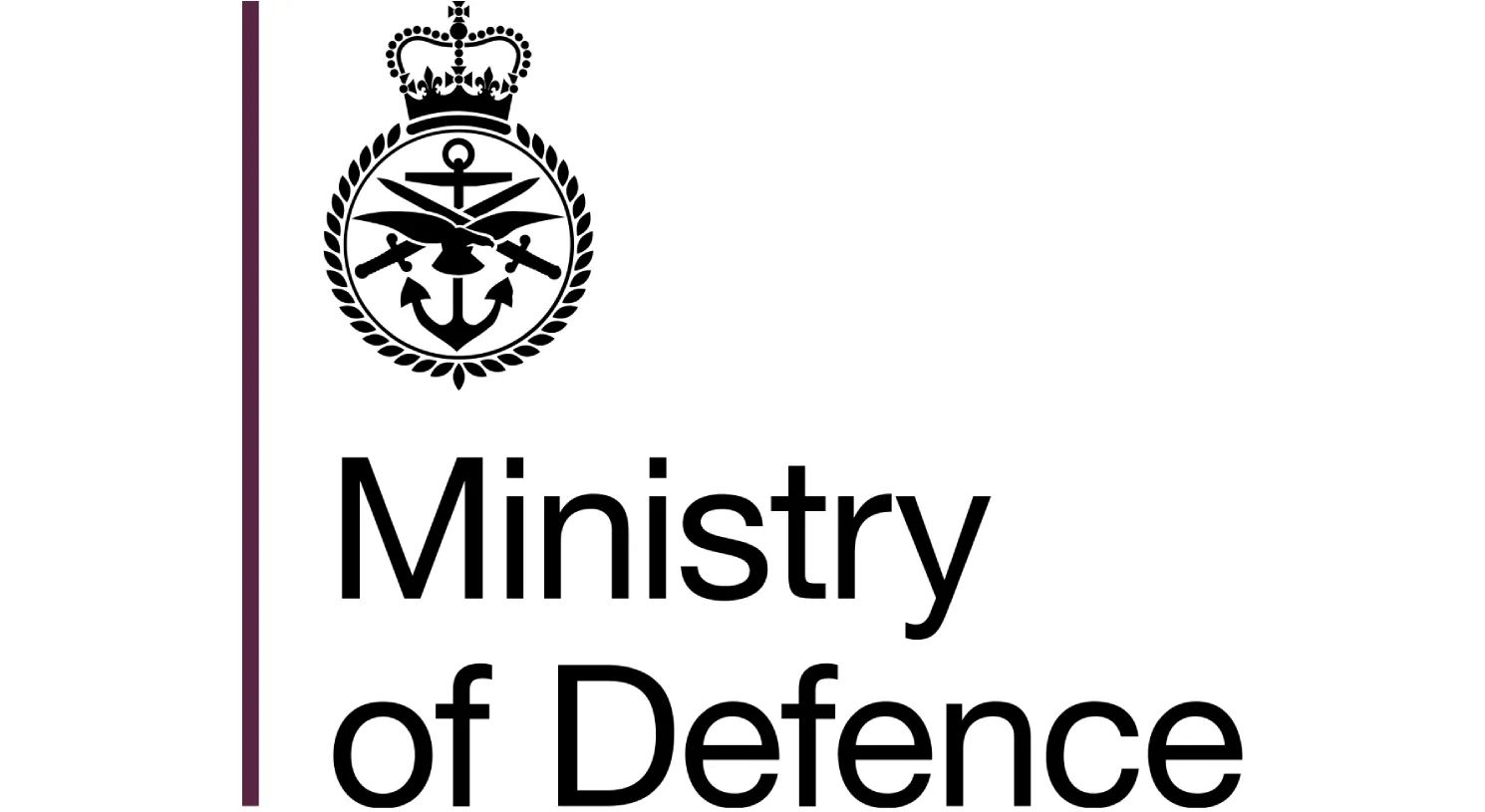Interview with Philip Sunley, Newton
- News Article
- DSEI
- Q&A

Q: What are the key reasons for defence industry professionals to attend DSEI?
A: DSEI brings together a real mass of people from across industry, military and government. It’s a super important week for understanding defence challenges and engaging within the defence world. Ultimately DSEI provides us with a fantastic platform to physically connect with a diverse group of colleagues across defence and creatively solve some of our largest challenges.
Q: What are the key challenges that Newton’s panel is going to talk about?
A: The panel we’re hosting is about using data to help integrate across enterprises and between nations. We see defence contracts with a whole range of KPIs across the board, yet they are not delivering in terms of the required outputs. It’s about being able to focus an enterprise or alliance around the critical data that helps us to make the right decisions. There’s a challenge around gathering the data - how do you bring in unstructured data, or data that sits outside of the digital world?
The key challenge is being really focused on the question you’re trying to answer and identifying only the critical information you need to solve the problem, rather than disappearing down a rabbit hole. Time is everything and our ability to rapidly make complex decisions gives us the required edge. Asking the right question is the starting point, and only then do we bring in techniques like Machine Learning or Large Language Models. AI technologies enable us to move at pace, where once we would spend large periods of time developing the complete picture. Our strength as a nation and a defence community, will be tested in the coming years as we adopt these new technologies and ways of working, and solve the challenge of an increasingly complex defence enterprise.
Q: What’s the main takeaway from your panel?
A: We’ll talk about how to bring data together, how to do that at a pace that is required, and how to do it securely. Getting the right data will be a really good debate. One other thing we’d like to bring out on the day is that it’s not just about the data.
You can have the right question and pull together the right data, have some really sophisticated models, but it’s ultimately about the people.
It will always come down to the behaviours that sit around the data and how people work together. I started today talking about contractual KPIs - there’s a time when you have to put them to one side, focus on the outputs you’re going after, and use the data to inform what we actually need to do to deliver. The number one step is being really clinical about what questions you’re trying to answer, and therefore how you go about answering them. I don’t think we do that enough in defence.
Q: What is Newton’s success criteria for attending DSEI?
A: DSEI for us is all about connecting with people and bringing them up to speed with the type of capability we’ve developed over the last couple of years. We are looking forward to a great week!
Wide-ranging experience driving performance across engineering, supply chain and operations functions for the largest programmes in UK defence. This has included working on every major naval maritime programme from the last five years, delivering improvements such as a 54% uplift in workforce productivity, a 19-fold increase in engineering output and a three-fold increase in employee engagement.
A member of the Executive Board at Newton, with consultancy and industry senior management experience backed by postgraduate academic qualifications in Engineering Management and Business Administration.
-
Latest Defence and Security Capabilities set to be on Display in London as DSEI 2023 Begins
12 Sep 2023Defence and Security Equipment International 2023 (DSEI) opened its doors Tuesday 12th September. DSEI 2023 and DSEI Connect will together host some 1,500 defence and security suppliers – including al ... -
Unlocking the Defence Workforce Ecosystem
05 Sep 2023The UK MOD is facing unprecedented challenges in attracting, growing, and retaining the skills it needs to deliver its mission. The new systems and technologies that the UK is fielding add to this cha ... -
KEY POINTS Rapid modernisation, innovation and technical development is needed for the UK to meet it’s twin priorities of protecting European allies, and stability in the Indo-Pacific. Using innovatio ...
-
DSEI 2023: Royal Navy To Set Up In Receive Mode, To Support Partnering Against Future Threats
04 Sep 2023 Dr Lee WillettThe UK Royal Navy (RN) will have significant presence at the DSEI 2023 exhibition, which is taking place at ExCeL London on 12-15 September. It is also seeking to grasp the engagement opportunity that ... -
Agile Acquisition & Rapid Delivery in Defence – Resilient Teams Harnessing Digital Means
04 Sep 2023“Technology is an extension of human behaviour” – a quote attributed variously, but traceable to the Canadian philosopher, Herbert Marshall McLuhan. Whilst originally referencing the study of media, t ... -
“Nobody ever stops or intervenes in a poor project soon enough. The temptation is always to ignore or under-report warning signs and give more time for things to improve to avoid revealing bad news, r ...

-038.jpg/fit-in/500x500/filters:no_upscale())
)
)
)
)
)

